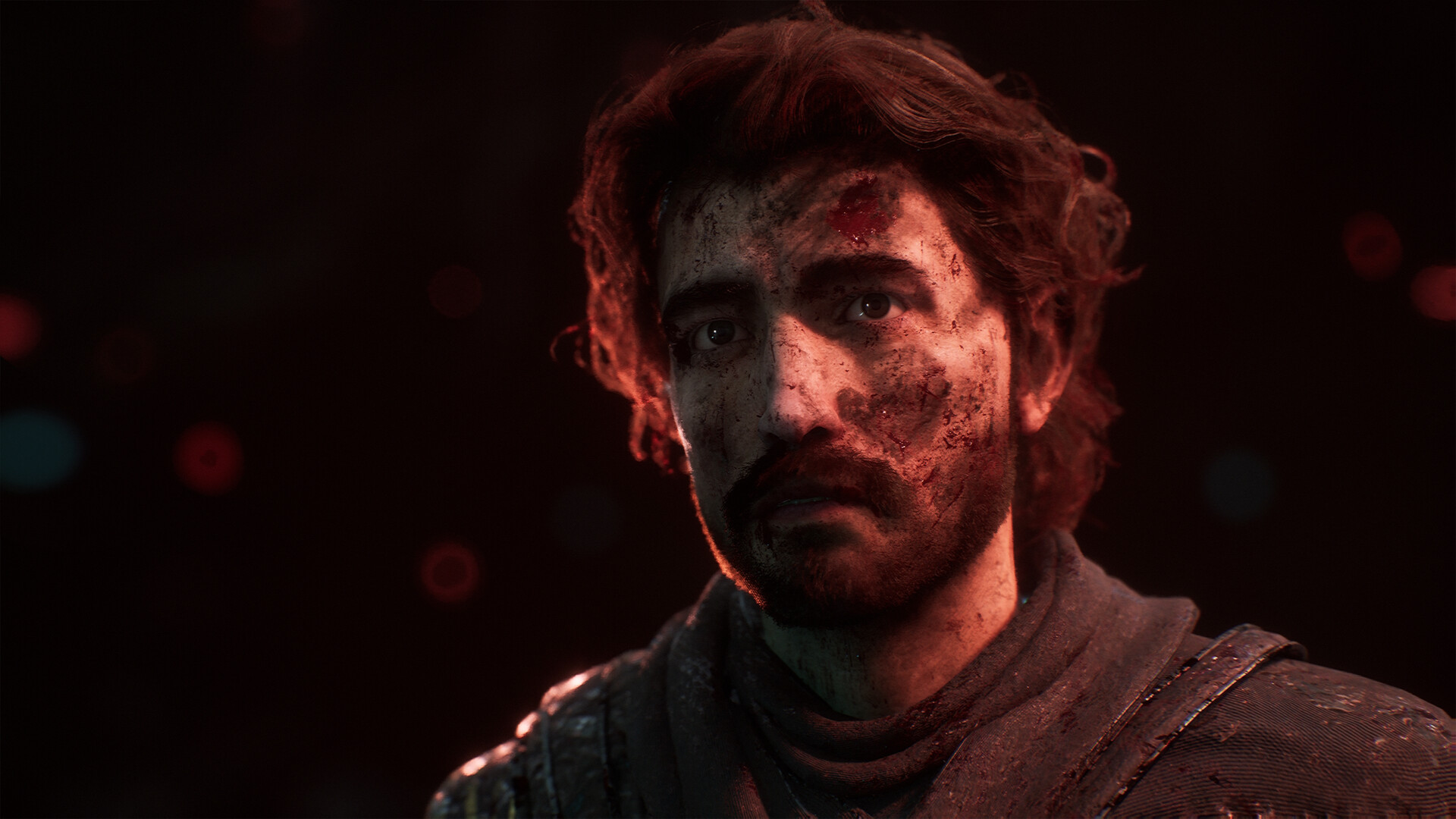
(Image credit: Kepler Interactive)
Teenagers. Just the thought is bothersome, and even as a teenager, I found it hard to relate to them. This might explain my longstanding struggle to appreciate JRPGs. Despite my numerous attempts to play through popular series like Persona, Final Fantasy, and Tales, I could probably count the classics I’ve actually completed on one hand.
However, after persistent recommendations, I’ve immersed myself in Clair Obscur: Expedition 33. I’m surprised by how much I’ve grown to enjoy it during my 20-hour journey. Unlike many JRPGs, this one hits home for me, although it doesn’t seem dramatically different from its genre predecessors. My aversion to adolescence might explain the game’s appeal to me as it avoids dwelling on the angst of teenage years.
Expedition 33 could have easily followed the trope of featuring moody teens, given its premise of a deity shortening lifespans in a fantasy city. But instead of focusing on a group of fifteen-year-olds, the game presents protagonists mostly in their thirties, giving the narrative a maturity rarely seen in JRPGs.
The characters’ maturity is evident not just in their age but through their conversations and approach to challenges. Instead of one-dimensional teenage angst, we witness nuanced emotions and conversations filled with underlying meaning. An opening sequence showcases this beautifully as Gustave shares a silent, heartfelt moment with a lost love rather than a dramatic outburst, making it poignant.
Notably, this shift in age leads to storytelling that respects the audience’s intelligence, allowing for unsaid sentiments to shine through. In one scene, a character, when questioned about her leisurely demeanor during a crisis, simply shares a resigned, knowing smile. In just a moment, her actions communicate volumes more than lengthy dialogues could.
Moreover, Clair Obscur frames its existential threats in a way that feels more authentic and relatable for an adult audience. Unlike adolescent storylines where catastrophe can often be actively averted, this narrative illustrates the ongoing, dreary battle against an impending doom. This grim realism invites introspection and resonates deeply with our current global challenges.
While I respect diverse tastes in gaming, typical JRPGs have always seemed almost childlike with their overt, loud storytelling. But Clair Obscur: Expedition 33 demands intellectual engagement, subtly addressing themes of grief and perseverance with the grace of an experienced adult.
By drawing inspiration from modern influences and blending them with classic JRPG elements, Clair Obscur manages to renew my interest in the genre, showing that it doesn’t always have to be about dramatic over-the-top expressions but can be powerful even in its silence.